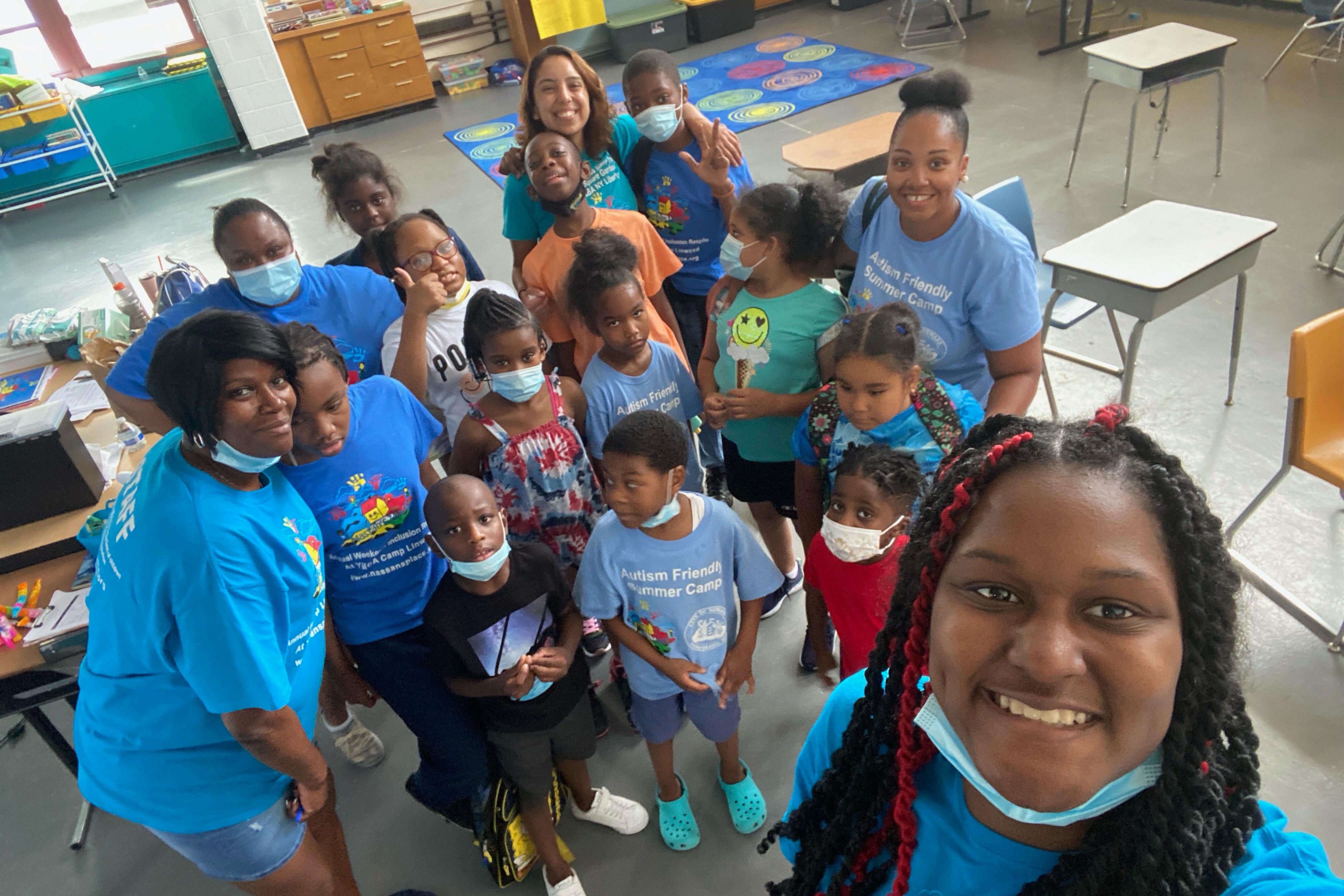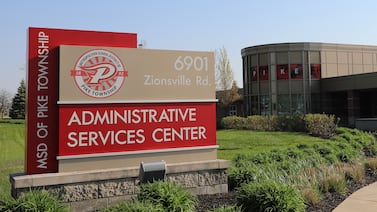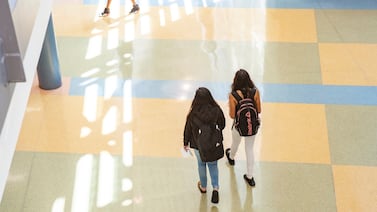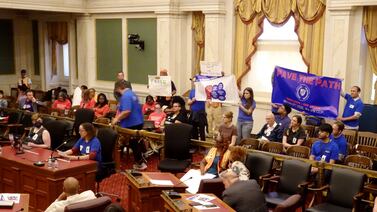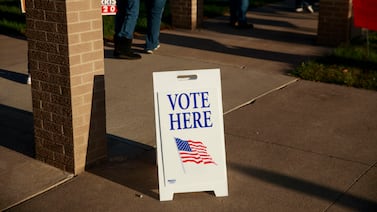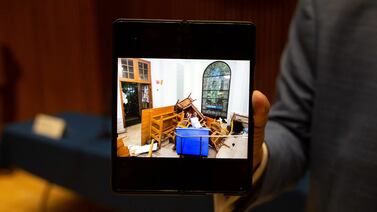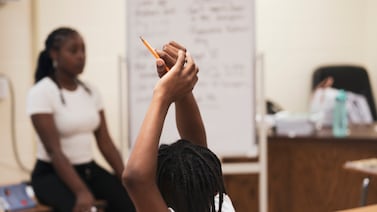In a few weeks, 14-year-old Elijah Lee will start high school. It’s a big transition for any teen, but especially for Elijah, who has autism. His mother says he is excited to go to a new school with new students and different teachers, but she is worried the transition to a larger school might have a negative impact on his academic and emotional progress.
In the meantime, Jasmine Lee Phillips is happy that Elijah has been able to connect with other teens through activities such as building LEGOs and learning how to play the piano during his second summer at Nassan’s Place, a Newark community group providing educational and recreational activities for autistic children and their families.
“I think I have the hardest part transitioning,” said Lee Phillips, who’s worked at her son’s middle school in previous years, about Elijah going to high school. “I’m not there; I haven’t worked there before. I don’t know what it’s like.”
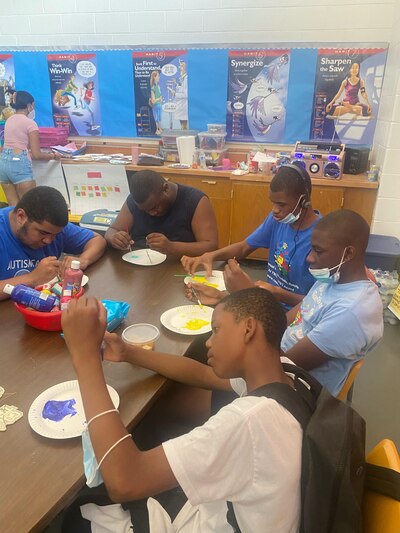
Like other school systems nationwide, Newark Public Schools has struggled to provide adequate services for its special education students — last year, the district served 6,527 students, nearly 17% of the total student enrollment. During the summer, some schools host programs for elementary and high school students who have disabilities including autism, auditory impairment, intellectual disabilities, and emotional regulation impairment. But a lack of trust in programming and staff shortages combined with negative experiences from remote learning have left many parents looking for summer services outside what the district offers.
Nadine Wright-Arbubakrr is the president and founder of Nassan’s Place and the parent of soon-to-be 18-year-old Nassan, who also has autism. She started the organization almost 10 years ago so parents wouldn’t have to struggle to find affordable services and programs like she did.
“There hasn’t been a place where our babies can go,” Wright-Arbubakrr said. “Some parents get overwhelmed and feel like they can’t. You must create your own village.”
Wright-Arbubakrr coordinates the seven-week paid summer camp, which is currently at capacity serving 25 students with 20 more on the waiting list. This is the second year she’s run it with help from the city, which provided financial support and a space at George Washington Carver Elementary School for the camp. More than half the students come from Newark Public Schools and the program also serves students from Orange. Nassan’s Place provides year-round outings and events including a Saturday basketball camp for children and adults on the autism spectrum and day trips to local parks.
Last year, Elijah’s middle school teacher decided not to teach at the school-run summer camp he usually attends. That prompted Lee Phillips to look into alternatives. She heard of Nassan’s Place through word of mouth.
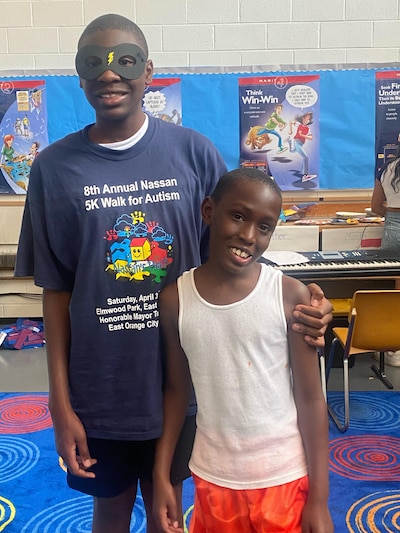
“I don’t trust a whole bunch of people with my kids, especially with my Elijah. But I trust them,” the mother of two said. “I trust them enough to leave him, come home, and wait to pick him back up at 4 o’clock. He’ll be going every year until he can’t.”
The summer program runs until mid-August and keeps kids busy by taking them on field trips to a bowling alley, reinforcing educational and sensory learning by doing arts and crafts, and teaching them to be more independent. Wright-Arbubakrr recruits and vets volunteers to help chaperone outings.
“If I don’t trust them with Nassan, I don’t trust them with the kids here,” Wright-Arbubakrr.
Local businesses and community organizations support the program by donating meals and movie tickets and lending their time.
Shalene Willis is the mother of Khalil, a 9-year-old autistic boy who also attends the Nassan’s Place summer program and events throughout the year. She and her wife moved to Newark three years ago and struggled with getting Khalil adequate instruction during the pandemic. Willis didn’t know other parents going through similar experiences and was weary of leaving Khalil in the care of others. But since joining the summer program at Nassan’s Place, it has given her family a community they trust and can relate to.
“You become friends with those parents and your kids make friends where they wouldn’t normally make friends,” she said.
Elizabeth Athos, an attorney with the Education Law Center who focuses on issues related to special education, said New Jersey continues to be at “the bottom of the list” for serving families and children with disabilities. Her organization is one of several state advocacy groups that have spent years fighting for legal relief to help families with children on the autism spectrum. Those students were especially affected by the disruptions caused by COVID.
“There have been so many challenges for school districts and different sorts of families that honestly, I don’t know the extent to which a district and families have been able to catch their breath and plan for the upcoming year,” Athos said. “I’m sure there’s a lot of variability in how well it’s being done.”
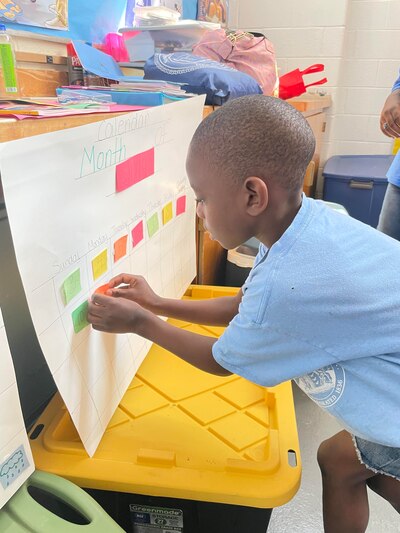
Newark has pledged to focus more of its resources on providing support to the special needs community in the area. During a ceremony earlier this month, Newark officials unveiled the city’s first park designed with a separate section with sensory play equipment for children with autism and special needs. At the unveiling, Mayor Ras Baraka said the city “has been woefully inadequate” in providing aid for children with special needs and pledged to improve things with input from Wright-Arbubakrr, who has advocated for more services.
“None of this happens without Nadine having a conversation with me and us about what we need to do for kids on the spectrum here in the City of Newark,” said Baraka. “We’ve been woefully inadequate for a long period of time not just here but in the state of New Jersey.”
The Newark Public School district is also planning on allocating more resources for its special education programs this year. During last year’s budget hearing, Newark Superintendent Roger Leon said the district would partner with local organizations such as Rutgers ABA Center and STAR Autism to provide more services.
“We have brilliant partnerships that are already underway, and we’ll be aggressively redefining the work that we are doing for our most neediest students,” said Leon during the budget presentation.
The parents whose children attend Nassan’s Place are eager to see changes and grateful their children have found fun this summer.
Jessie Gomez is a reporter for Chalkbeat Newark, covering public education in the city. Contact Jessie at jgomez@chalkbeat.org


